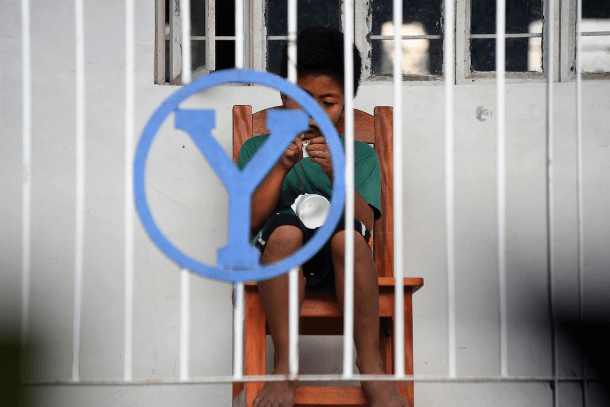
A Catholic priest welcomed the passage of a bill in the Philippines’ Lower House of Congress increasing the age of sexual consent, thus providing more protection for children.
“Even the Church has instituted the protection of minors,” said Father Melvin Castro, former executive secretary of the Episcopal Commission on Family and Life of the bishop’s conference.
The priest said the passage of the bill is a “good move” as it protects minors.
Father Castro said rape is a “very deep and grave problem” that should be addressed by everyone, adding that “laws and law enforcement can only do so much.”
“Values formation is a perennial need, and here all institutions could and must help,” said the priest.
Human rights groups said the passage of the bill was seen as an important step to protect children.
The proposed legislation, which must still pass the Senate to become law, will make it a crime for any adult to have sexual contact with a child under 16.
The measure adopts an important exemption to avoid criminalizing consensual sexual activity among children who are close in age.
The House bill was passed overwhelmingly on December 1 with 207 votes in favor and three against.
The bill, if passed into law, would repeal harmful provisions of the country’s Revised Penal Code and the 1997 Anti-Rape Law, which allow an adult to claim sex with a child aged 12 or older was consensual.
Apart from raising the age of consent and the “close in age exemption,” the proposed law also provides equal protection for rape victims of both genders and eliminates a provision in the Revised Penal Code that extinguishes the crime of rape if the offender offered marriage.
The proposed law is important because the Philippines has the lowest age of consent in Asia and one of the lowest in the world, according to the UNICEF.
Human Rights Watch noted that an increasing prevalence of sexually transmitted diseases among children, particularly HIV/AIDS, and the high rates of pregnancy point to the need for the new law to be complemented by a stronger effort to ensure that all children receive comprehensive sexuality education in age-appropriate ways, from an early age, and have access to information, services, and supplies that make sex safer and can help avoid unplanned pregnancy.
“Filipino children face tremendous challenges due to poverty, neglect, and rights-abusing government policies,” read a statement from Human Rights Watch.
“The enactment of this law will be an important step forward that should be part of a broader effort to protect children’s health and safety,” it added.
Source: Licas Philippines
0 Comments